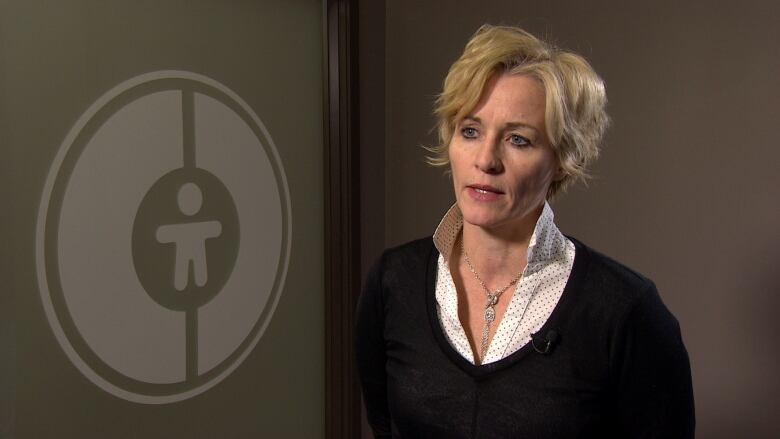'This is the tip of the iceberg,' says OPP, child advocate in light of child pornography investigation
122 people charged in Ontario in connection to a series of online child sexual abuse investigations

The Canadian Centre for Child Protection says child sexual abuse is now more invasive and egregious than before, due to the rapid spread of content.
The comments come after 122 people, including 11 youth, in Ontario were charged in November in connection with a series of online child sexual abuse investigations. Charges include, sexual assault, sexual interference, making and possession of child pornography, making available child pornography, and accessing child pornography.
Ten of the people charged reside in northeastern Ontario, including the cities of North Bay, Timmins, Sault Ste. Marie, and Sudbury.
Signy Arnason, associate executive director at the centre says she isn't surprised by the number of arrests
"Sadly, we've seen announcements like that over the years.This is the tip of the iceberg," Arnason says. "We know there are hundreds of offenders, if not thousands, police are unable to get to because they only have so many resources to tackle the problem."
Arnason says with the digital age, it has become easier to build communities around those who partake in child pornography, but also around those who use child pornography as a money-making business.
"Offenders are now taking that next egregious step where it's very common for a child to not only be sexually abused, but for that abuse to then be recorded because offenders are using it to connect to like-minded individuals around the world. "
"They're using it as a commodity, both financially, but also as well as elevating their status among these communities. They have new material to share."
She says while the internet did not create the problem, it does reinforce it.
Arnason says most people don't realize that the offenders are often everyday people, but they do often take up jobs that relate to children by becoming a teacher or volunteering with children.
"We also know that the idea of individuals with a sexual interest in children is a very difficult thing for a healthy, well-adjusted adult to wrap their head around."
"You often see highly successful professionals, they are often well liked have families of their own, children of their own who are committing these crimes against children."
Arnason says as a society, people have to move away from the idea that we know what an offender looks like and realize that they walk among us. She says it is important to be aware of adult behaviours that may seem inappropriate, especially around children, and flag those behaviours when necessary.
"If we start to do more of that, we are making it more difficult for those with these types of intentions to commit crimes against children."
with files from Kirthana Sasitharan